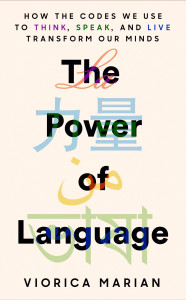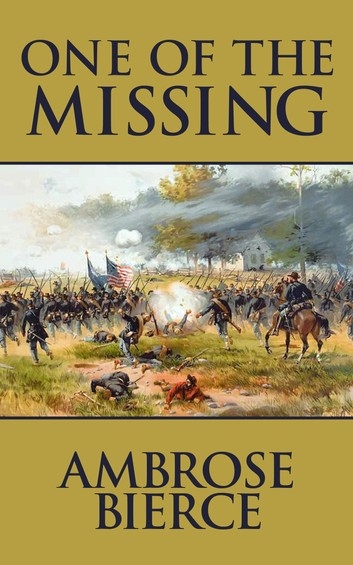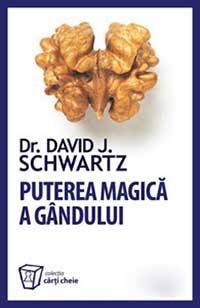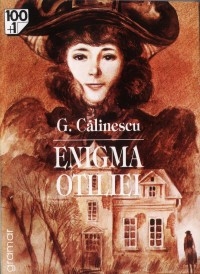Autor Viorica Marian
Categorie Dezvoltare personală
Subcategorie Limba Engleză

Introduction—or Welcome!
Legend has it that in the ancient city of Babylon stood a tower so tall we might think of it as humanity’s first skyscraper. Historical texts confirm the tower’s existence in what is now Iraq. Biblical literature pinpoints the origin of the many languages of the world to this exact tower, the Tower of Babel, which people were building to “reach unto heaven.” When God came down and saw that humans were trying to reach heaven, in Genesis 11:6, God said, “Behold, the people is one, and they have all one language; and this they begin to do: and now nothing will be restrained from them, which they have imagined to do.” To stop people from reaching heaven, God scattered them around the world and created many languages for them to speak so they could not communicate with one another and could not advance in their work. Language as the key to reaching heaven certainly asserts its power. The story of the Tower of Babel illustrates the way language can be used both to include and to exclude, to communicate and to hinder communication. Other religions, too, recognize that we must look to language to reach heights that are as great as heaven is in religious belief. The Quran 14:4 reveals that only those religious concepts can be conveyed to humanity for which we have the language to do so: “And We never sent a messenger except in the language of his people to make clear for them.” In his essay “A Tranquil Star,” Italian writer and Holocaust survivor Primo Levi writes beautifully about the limits of language and how we think about the world, here in translation: For a discussion of stars our language is inadequate and seems laughable, as if someone were trying to plow with a feather. It’s a language . . . born with us, suitable for describing objects more or less as large and as long-lasting as we are; it has our dimensions, it’s human. He notes that new words were coined over time for sizes smaller and larger than what could be perceived with the naked eye, temperatures hotter than fire, and numbers like millions and billions—concepts we previously did not know existed. Does language follow along our latest, most improved understanding of the world, or does our understanding of the world follow along our language? For confirmation that language-thought constraints exist, we can turn to modern machine learning research.
When neuroscientists at Stanford University used large sets of behavioral data to study how the brain divides the labor associated with performing cognitive tasks (like reading or decision-making), the computational algorithms clustered patterns of neural activity in ways that did not follow expected patterns of classification based on human language. Much like early efforts to “locate” different languages in the brain revealed largely overlapping networks, the boundaries between seemingly distinct mental processes were not reflected in the brain itself. Instead, the classifications made by computational algorithms suggest the existence of constructs for which we do not have labels (yet), a universe of stars that we are trying to plow with a feather. Even our mental constructs for words like memory and perception were not accurate descriptions of the constructs that emerged from machine learning. Instead, memory and perception overlapped, indicating that the vocabulary we use to refer to them and the way we think about them is still very imprecise. Memory and perception are not categorically distinct from each other in either human or artificial intelligence, despite the labels we use to differentiate them. It may well be that we do not yet have the tools to more precisely study and label both our mental states and the categories that exist in the world. The very notion that there are precise categories that exist outside of our interpretation of reality (whether they are mental states, colors, or types of people) may itself be an illusion perpetuated by language. Regardless of whether there are “real” categories that exist out in the world, the linguistic and mental categories we create matter. They have consequences for areas as distinct as perception, science, and bigotry.
Download free The Power of Language PDF!
Listată pe: 8 iunie 2025
TOP 10 Cărți
















